
OR
Nepal ratifies Trade Facilitation Agreement
Published On: January 26, 2017 12:30 AM NPT By: Republica | @RepublicaNepal
KATHMANDU, Jan 26: Nepal has ratified the Trade Facilitation Agreement (TFA), making it the 108th WTO member to do so.
The TFA will come into force if it is ratified by two more WTO members. According to the Protocol of Amendment adopted by WTO member on November 27, 2104, TFA will come to force once two-thirds of the WTO membership formally ratifies the agreement.
Nepal's WTO ambassador Deepak Dhital submitted the country's instrument of acceptance to WTO Director-General Roberto Azevêdo on Wednesday. The parliament had ratified the TFA last week. Nepal is the 14th least developed country (LDC) to ratify the agreement.
In addition to Nepal, Hong Kong, Singapore, the United States of America, Mauritius, Malaysia, Japan, Australia, Botswana, Trinidad and Tobago, Republic of Korea, Nicaragua, Niger, Chinese Taipei, Belize, Switzerland, China, Liechtenstein, Lao People's Democratic Republic, New Zealand, Togo, Austria, Belgium, Bulgaria, Croatia, Cyprus, Czech Republic, Denmark, Estonia, Finland, France, Germany, Greece, Hungary, Ireland, Italy, Latvia, Lithuania, Luxembourg, Malta, Netherlands, Poland, Portugal, Romania, Slovak Republic, Slovenia, Spain, Sweden, Thailand, the United Kingdom, the former Yugoslav Republic of Macedonia, Pakistan, Panama, Guyana, Côte d'Ivoire, Grenada, Saint Lucia, Kenya, Brunei Darussalam, Viet Nam, Myanmar, Norway, Ukraine, Zambia, Georgia, Lesotho, Seychelles, Jamaica, Mali, Cambodia, Paraguay, Turkey, Brazil, Macao, China, the United Arab Emirates, Samoa, India, Russian Federation, Albania, Montenegro, Kazakhstan, Sri Lanka, Saint Kitts and Nevis, Madagascar, Republic of Moldova, El Salvador, Honduras, Mexico, Peru, Kingdom of Saudi Arabia, Afghanistan, Senegal, Uruguay, Kingdom of Bahrain, Bangladesh, Philippines, Iceland, Chile, Swaziland, Dominica, Mongolia, Gabon, Kyrgyz Republic, Canada, Ghana, Mozambique, Saint Vincent and the Grenadines, and Nigeria have ratified the TFA. They all are WTO member countries.
Concluded at the WTO's 2013 Bali Ministerial Conference, the TFA contains provisions for expediting the movement, release and clearance of goods, including goods in transit. It also sets out measures for effective cooperation between customs and other appropriate authorities on trade facilitation and customs compliance issues. It further contains provisions for technical assistance and capacity building in this area.
According to a 2015 study carried out by WTO economists, full implementation of the TFA would reduce members' trade costs by an average of 14.3 percent, with developing countries having the most to gain. The TFA also has the ability to reduce the time to import goods by over a day and a half while also reducing time to export by almost two days, representing a reduction of 47 percent and 91 percent respectively over the current average. The TFA also has the potential to increase global merchandise exports by up to $1 trillion.
The TFA broke new ground for developing and least-developed countries in the way it will be implemented. For the first time in WTO history, the requirement to implement the agreement was directly linked to the capacity of the country to do so. In addition, the agreement states that assistance and support should be provided to help them achieve that capacity.
A Trade Facilitation Agreement Facility (TFAF) was also created at the request of developing and least-developed country members to help ensure that they receive the assistance needed to reap the full benefits of the TFA and to support the ultimate goal of full implementation of the new agreement by all members.
You May Like This
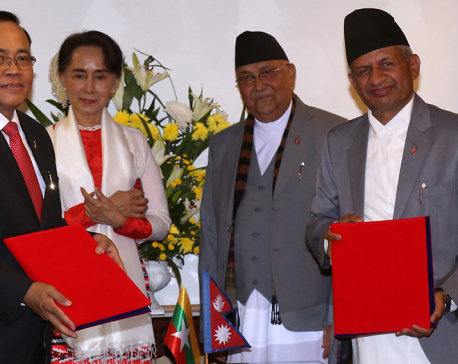
Nepal, Myanmar sign trade agreement
KATHMANDU, Nov 30: Nepal and Myanmar have signed an agreement on trade and investment today. This is the first time... Read More...

Nepal online trade: Decorating Nepal
Nepal Online Trade is a business initiative of Sajak Yonjan that sells décor materials imported from China, Hong Kong, and... Read More...
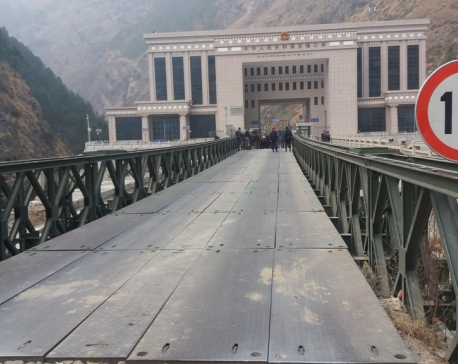
Total exports growing, except to China
KATHMANDU, June 23: Though the total exports of Nepal has been on a rising trend, albeit slowly, the case is... Read More...


Just In
- Nepal govt’s failure to repatriate Nepalis results in their re-recruitment in Russian army
- Sudurpaschim: Unified Socialist leader Sodari stakes claim to CM post
- ED attaches Raj Kundra’s properties worth Rs 97.79 crore in Bitcoin investment fraud case
- Newly-appointed Auditor General Raya takes oath
- CM Mahara expands Cabinet in Lumbini Province
- FinMin Pun addresses V-20 meeting: ‘Nepal plays a minimal role in climate change, so it should get compensation’
- Nepalis living illegally in Kuwait can return home by June 17 without facing penalties
- 'Trishuli Villa' operationalized with Rs 100 million investment











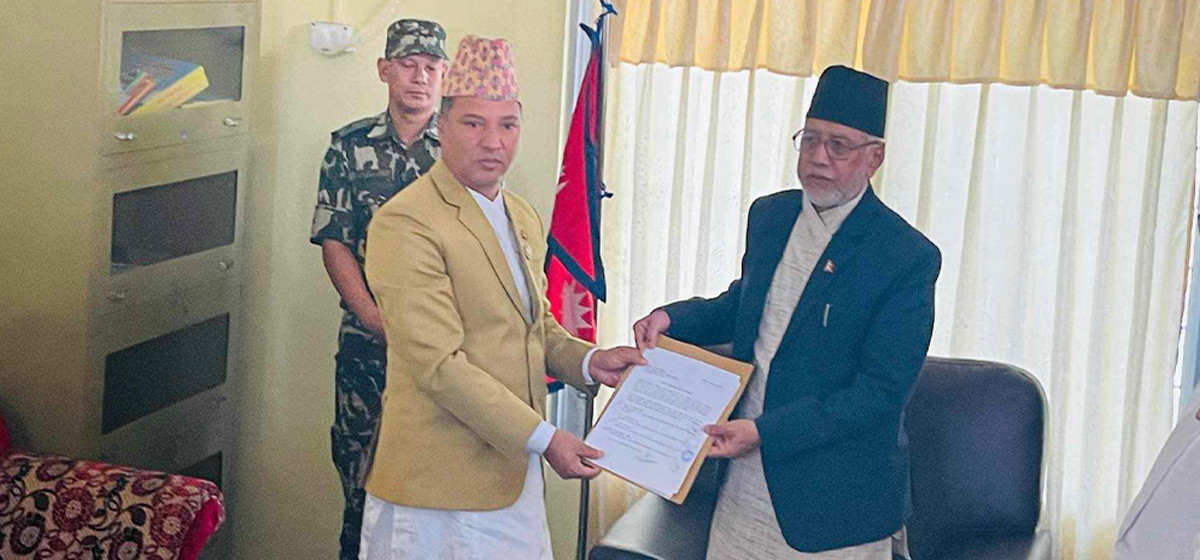
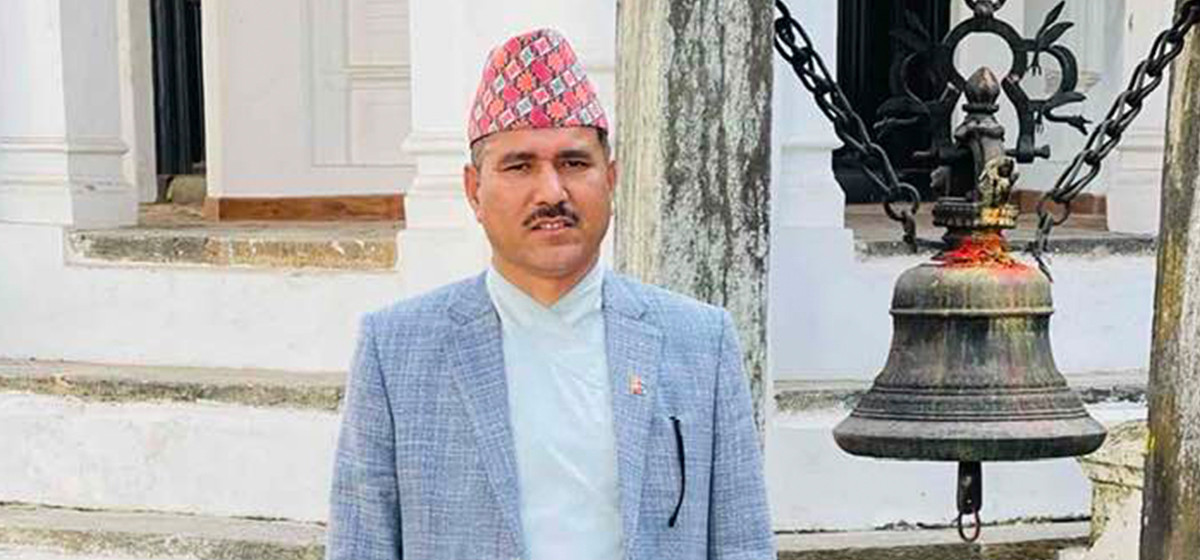
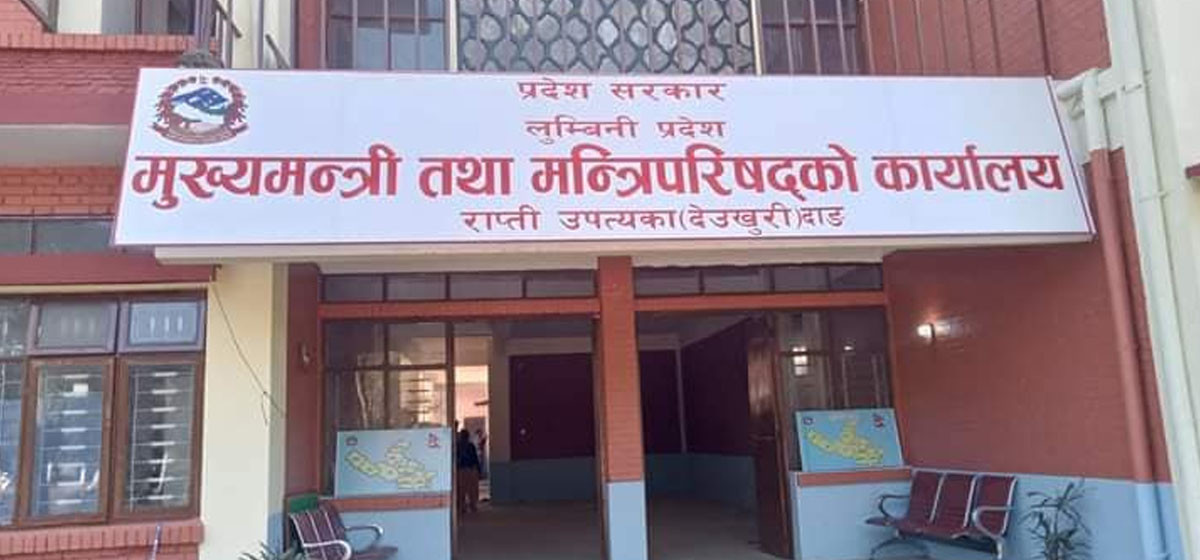
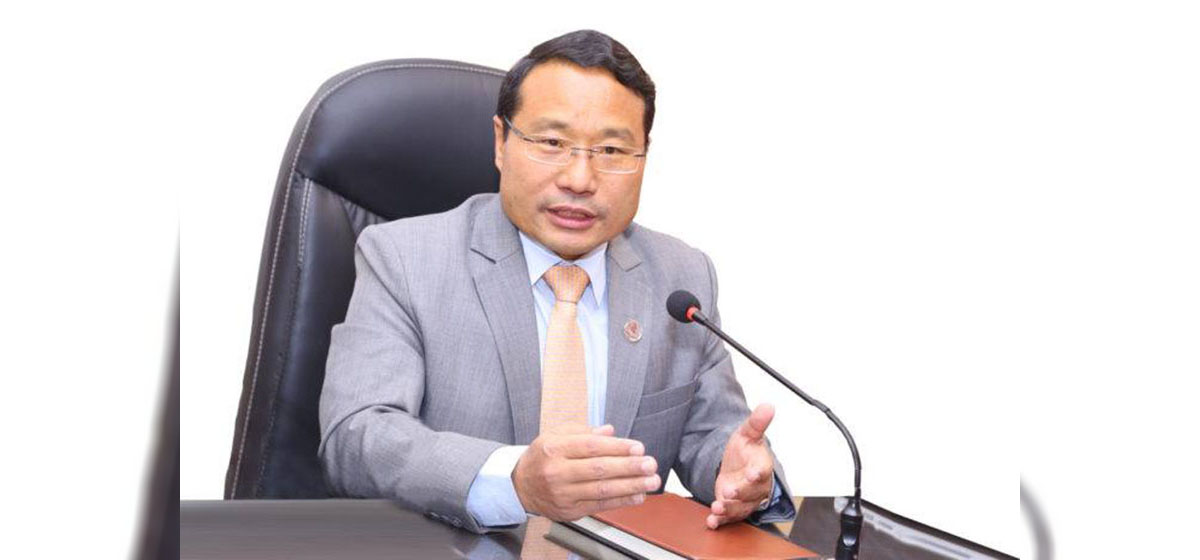


Leave A Comment